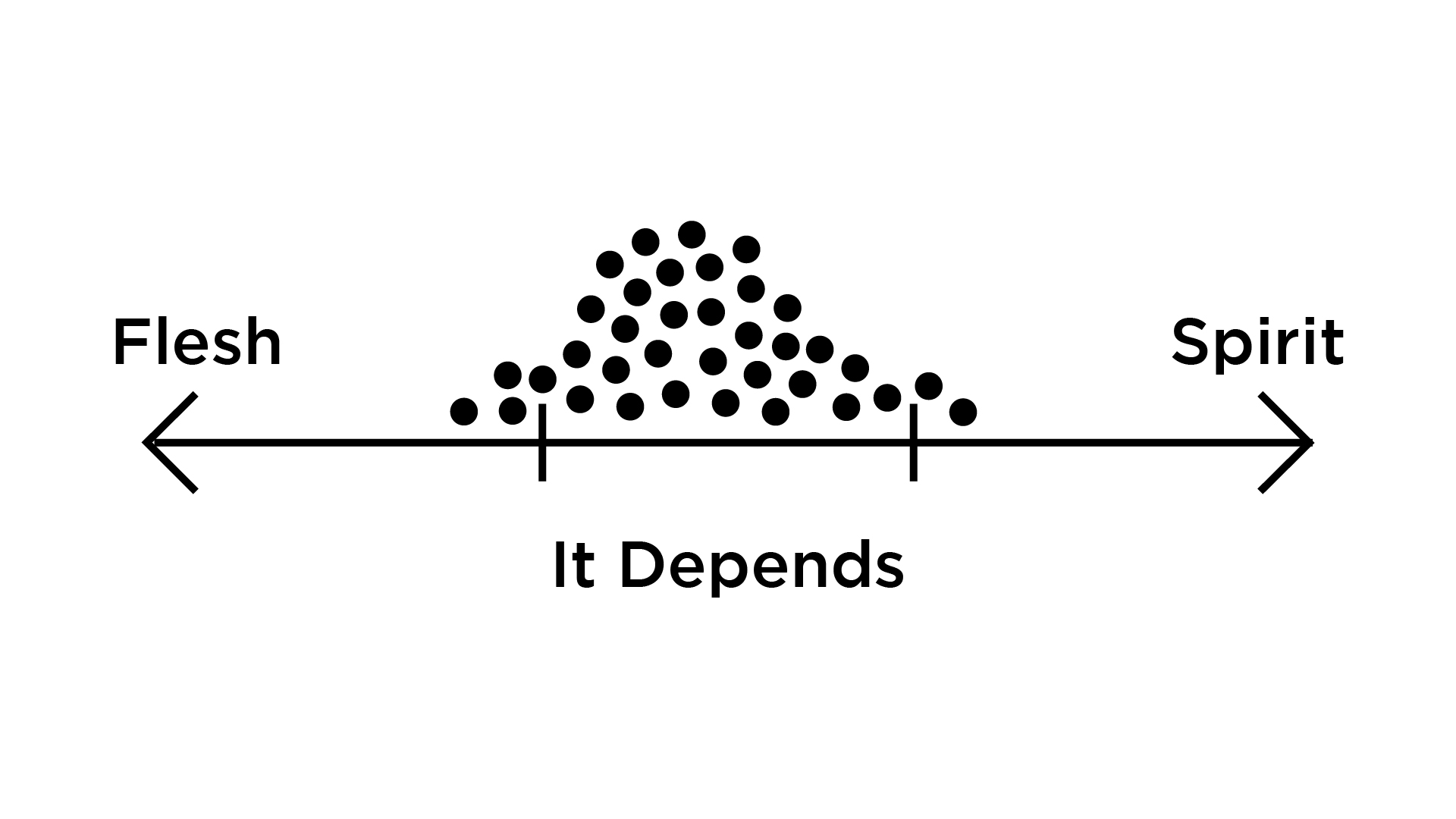This week we wrapped up our Lessons from Church Planting series by looking at the Church of Ephesus. We have more information about this church than any other in the Bible (Acts 19; 1 and 2 Timothy; Ephesians; Revelation 2) Kent Bateman, pastor of City Church in Knoxville, walked us through two particular passages of scripture to see what we might apply from the church of Ephesus to our own lives.
Acts 19:11-20
11 And God was doing extraordinary miracles by the hands of Paul, 12 so that even handkerchiefs or aprons that had touched his skin were carried away to the sick, and their diseases left them and the evil spirits came out of them. 13 Then some of the itinerant Jewish exorcists undertook to invoke the name of the Lord Jesus over those who had evil spirits, saying, “I adjure you by the Jesus whom Paul proclaims.” 14 Seven sons of a Jewish high priest named Sceva were doing this.15 But the evil spirit answered them, “Jesus I know, and Paul I recognize, but who are you?” 16 And the man in whom was the evil spirit leaped on them, mastered all[a] of them and overpowered them, so that they fled out of that house naked and wounded. 17 And this became known to all the residents of Ephesus, both Jews and Greeks. And fear fell upon them all, and the name of the Lord Jesus was extolled. 18 Also many of those who were now believers came, confessing and divulging their practices. 19 And a number of those who had practiced magic arts brought their books together and burned them in the sight of all. And they counted the value of them and found it came to fifty thousand pieces of silver. 20 So the word of the Lord continued to increase and prevail mightily.
Following Jesus is necessarily disruptive.
The power of God is so evident through Paul that followers of Jesus bring everything that represents their former way of life, place them on an altar, and destroy them. Their way of life was disrupted in a major way by following Jesus.
When following Jesus disrupts someone’s life, it’s an absolutely beautiful thing to watch. And when followers of Jesus allow Him to disrupt their lives, we begin to see what the church in Ephesus saw: the power of God prevailing mightily.
Acts 19:23-27
11 And God was doing extraordinary miracles by the hands of Paul, 12 so that even handkerchiefs or aprons that had touched his skin were carried away to the sick, and their diseases left them and the evil spirits came out of them. 13 Then some of the itinerant Jewish exorcists undertook to invoke the name of the Lord Jesus over those who had evil spirits, saying, “I adjure you by the Jesus whom Paul proclaims.” 14 Seven sons of a Jewish high priest named Sceva were doing this.15 But the evil spirit answered them, “Jesus I know, and Paul I recognize, but who are you?” 16 And the man in whom was the evil spirit leaped on them, mastered all[a] of them and overpowered them, so that they fled out of that house naked and wounded. 17 And this became known to all the residents of Ephesus, both Jews and Greeks. And fear fell upon them all, and the name of the Lord Jesus was extolled. 18 Also many of those who were now believers came, confessing and divulging their practices. 19 And a number of those who had practiced magic arts brought their books together and burned them in the sight of all. And they counted the value of them and found it came to fifty thousand pieces of silver. 20 So the word of the Lord continued to increase and prevail mightily.
Following Jesus not only disrupts your individual life but the life of your city.
Following Jesus so impacted the lives of believers there that the very city felt the shock of men and women no longer worshipping idols in Ephesus.
But somewhere along the way, something happened. And when we see the church of Ephesus addressed in Revelation, it comes with an instruction of warning:
Revelation 2:1-5
“To the angel of the church in Ephesus write: ‘The words of him who holds the seven stars in his right hand, who walks among the seven golden lampstands.
2 “‘I know your works, your toil and your patient endurance, and how you cannot bear with those who are evil, but have tested those who call themselves apostles and are not, and found them to be false. 3 I know you are enduring patiently and bearing up for my name's sake, and you have not grown weary. 4 But I have this against you, that you have abandoned the love you had at first. 5 Remember therefore from where you have fallen; repent, and do the works you did at first. If not, I will come to you and remove your lampstand from its place, unless you repent.
The church in Ephesus had lost their preference for the things of God.
The word that the Bible uses for love in this passage means “to choose to show unconditional preference for something.”
Jesus warns the Ephesians (and us) to not follow the natural drift that will cause everything else to disrupt their love for Jesus. He encourages them to rediscover their love—their preference—for following Jesus that they had in the beginning.
Every time Jesus or what the Scriptures teach conflicts with how we like our lives to be, we have two choices. We can choose to view these moments as threats or as opportunities. And all of that depends on whether or not we’ve allowed Jesus to disrupt our lives.
When Jesus disrupts people, lives change and cities change. So let’s be a part of seeing God’s power prevail. Let’s be a part of the beautifully disruptive kingdom of God. And that all starts with Jesus disrupting us.



















